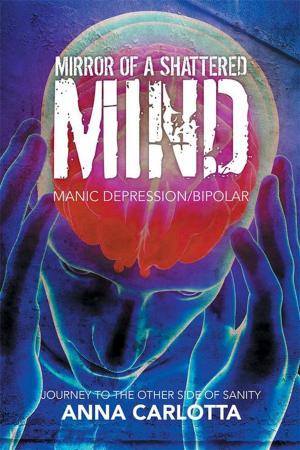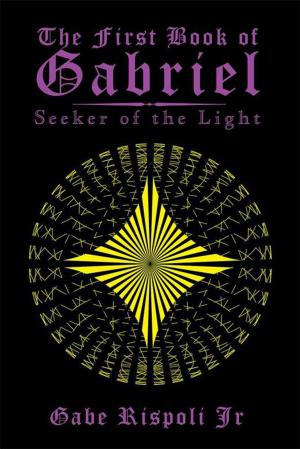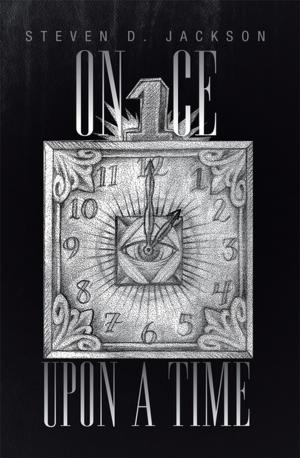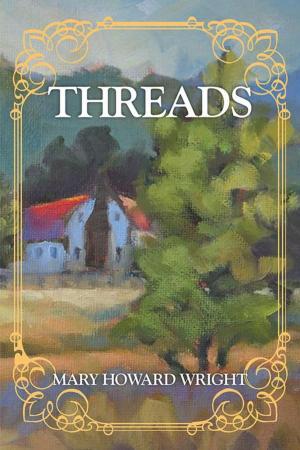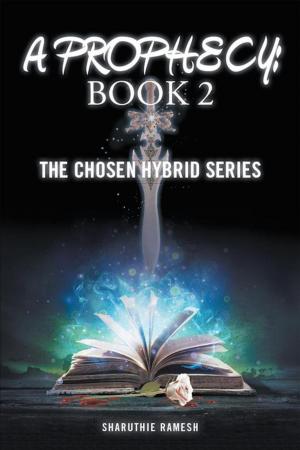Geepers, I Love You
And Other Writings
Nonfiction, Entertainment, Theatre, Playwriting, Performing Arts, Fiction & Literature| Author: | Sally Gladden | ISBN: | 9781524549305 |
| Publisher: | Xlibris US | Publication: | December 9, 2016 |
| Imprint: | Xlibris US | Language: | English |
| Author: | Sally Gladden |
| ISBN: | 9781524549305 |
| Publisher: | Xlibris US |
| Publication: | December 9, 2016 |
| Imprint: | Xlibris US |
| Language: | English |
Geepers, I Love You by Sally Gladden is an original two-act play. While rummaging through trunks in the attic, Sally finds love letters that her dadParker Gladden (a.k.a Park), a lonely Fayetteville, New York, barberhad written to his lady, Marie Hamilton, while she was away in nursing school in Brooklyn, New York. The time is 193233, the Great Depression, when jobs were few, haircuts were twenty-five cents, marathon dancers gleaned attention, and all hoped that Roosevelt would save the country. The primary scene is Park Gladdens barber shop in Fayetteville, New York. Parker writes his long letters to Marie while he awaits customers. Unfortunately, it is starve the barber time for many in the village of Fayetteville. The economy is horrid for all. Parker would have preferred to be a musician, but his family needed his income as a barber. He is lonely; he drinks excessively; he tries to remain humorous amidst the stresses of the time. Voice-overs of Parker reading these letters to Marie serve as segues between scenes. These letters are insightful, funny, tragic, and all-telling about being the Barber of Funnyville during the Depression. Colorful people come to Parks barbershop and conversations give us insight about the people and the effects of the Depression on all. These customers, from the very young to the old-timers, share the newspaper news, happenings of the small village, gossip, and in general, conversations about life! A secondary scene is the nurses station in Brooklyn,where Marie is seen reading many of Parks letters. She is also dealing with her nurse supervisor, Nurse Katrina (the wicked, the dictator). In this two-act play, to while away the hours, Park listens to the radio, composes music, practices his trombone and writes letters to his Nurtz while he awaits customers. Prior to Act I, and during the intermission, the audience sees projections of the Depression Era and hears music of that era. The play is happy, sad, and informative, and the characters are real. The playwright interviewed many citizens who endured the Depression locally. The characters are based on real people. Geepers, I Love You!
Geepers, I Love You by Sally Gladden is an original two-act play. While rummaging through trunks in the attic, Sally finds love letters that her dadParker Gladden (a.k.a Park), a lonely Fayetteville, New York, barberhad written to his lady, Marie Hamilton, while she was away in nursing school in Brooklyn, New York. The time is 193233, the Great Depression, when jobs were few, haircuts were twenty-five cents, marathon dancers gleaned attention, and all hoped that Roosevelt would save the country. The primary scene is Park Gladdens barber shop in Fayetteville, New York. Parker writes his long letters to Marie while he awaits customers. Unfortunately, it is starve the barber time for many in the village of Fayetteville. The economy is horrid for all. Parker would have preferred to be a musician, but his family needed his income as a barber. He is lonely; he drinks excessively; he tries to remain humorous amidst the stresses of the time. Voice-overs of Parker reading these letters to Marie serve as segues between scenes. These letters are insightful, funny, tragic, and all-telling about being the Barber of Funnyville during the Depression. Colorful people come to Parks barbershop and conversations give us insight about the people and the effects of the Depression on all. These customers, from the very young to the old-timers, share the newspaper news, happenings of the small village, gossip, and in general, conversations about life! A secondary scene is the nurses station in Brooklyn,where Marie is seen reading many of Parks letters. She is also dealing with her nurse supervisor, Nurse Katrina (the wicked, the dictator). In this two-act play, to while away the hours, Park listens to the radio, composes music, practices his trombone and writes letters to his Nurtz while he awaits customers. Prior to Act I, and during the intermission, the audience sees projections of the Depression Era and hears music of that era. The play is happy, sad, and informative, and the characters are real. The playwright interviewed many citizens who endured the Depression locally. The characters are based on real people. Geepers, I Love You!



